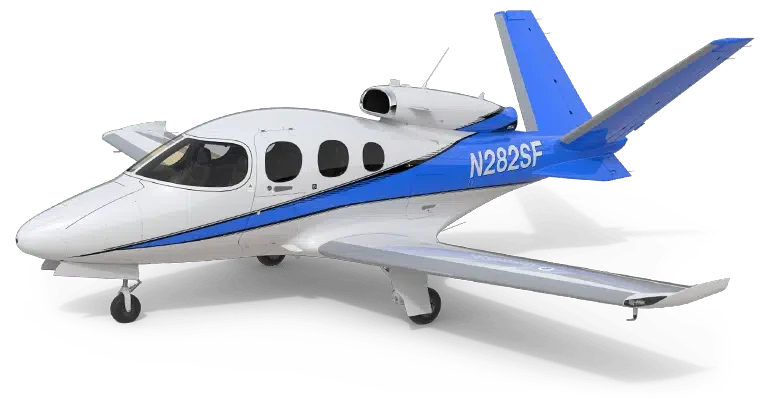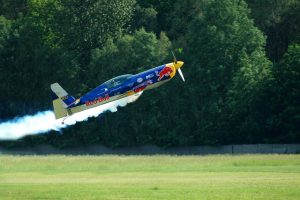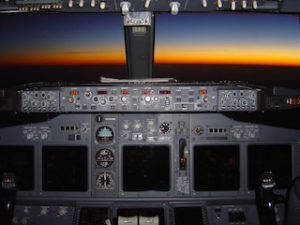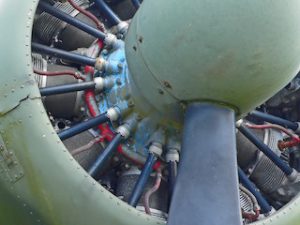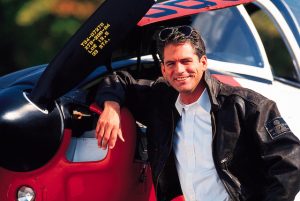The Job Dating Flight Path Of Airline Pilots
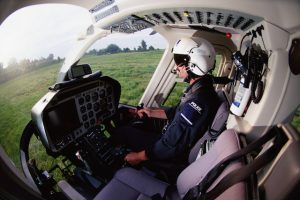 Job dating begins when a pilot starts searching for stability after training. Many pilots leave school filled with hope. First jobs arrive quickly. However, not all flying jobs offer growth. Pilots move from contract to contract. Each move teaches lessons. Over time, the process becomes a journey in search of belonging.
Job dating begins when a pilot starts searching for stability after training. Many pilots leave school filled with hope. First jobs arrive quickly. However, not all flying jobs offer growth. Pilots move from contract to contract. Each move teaches lessons. Over time, the process becomes a journey in search of belonging.
From classroom dreams to job dating
Flight school prepares minds, but real skies teach deeper truths. Job dating feels exciting, yet reality quickly sets in. Low pay, long hours, and unpredictable schedules follow. Despite this, new pilots remain grateful for cockpit time. These early jobs begin the job dating journey. Experience becomes the new currency.
Hopping between flying jobs
A pilot’s first contract may last six months. Then comes the search again. Short-term contracts dominate early careers. Some pilots fly cargo, others handle charter. Some fly tourists across islands. Each job adds hours. Each employer adds knowledge. Moving becomes routine as pilots search for better terms and schedules.
Chasing flight hours with purpose
Flight hours drive career progress. Without hours, no doors open. Many pilots accept remote jobs. Some work in harsh weather. Others sleep in tents or trailers. These sacrifices feed logbooks. Job dating becomes part of building flight time. Without these hops, higher positions remain out of reach.
Adjusting to new aircraft and rules
Each new job brings a new aircraft type. Pilots shift between turboprops, jets, and helicopters. This forces quick learning. Operating rules also change. One airline may fly low-cost routes. Another may focus on VIPs. These switches test flexibility. However, they also sharpen skills.
Living from suitcase to suitcase
Moving between jobs often means packing every few months. Pilots live out of suitcases. New homes appear every contract. Apartments, hostels, or shared housing become the norm. While unstable, this lifestyle teaches resilience. Job dating stretches comfort zones. Yet it also builds strong, adaptable professionals.
Learning to adapt quickly
Starting fresh every few months brings new check rides and tests. New flight instructors appear. Different company cultures follow. Learning to work with new people becomes second nature. Each change adds confidence. Each new base sharpens communication. The process never slows, but it builds lasting habits.
Networking through every move
Each job connects pilots to new crews. These relationships often shape future jobs. Friendships forged in hangars lead to tips. Recommendations come from fellow pilots. Moving often strengthens networking. Job dating helps create a web of support. Eventually, this network opens better flying doors.
Financial pressure and survival work
Many early flying jobs do not pay well. Pilots take extra work to survive. Some teach flight on the side. Others deliver food between shifts. These jobs may not require uniforms, but they build grit. Job dating often includes financial strain. Yet this pressure builds resourceful pilots.
Balancing dreams with daily life
Dreaming of stable airline work keeps hope alive. But reality involves late-night flights and noisy hotels. Families miss birthdays. Partners grow distant. Job dating challenges personal life. Still, each move brings fresh energy. The hope of better days keeps the engine running.
Searching for the right company culture
Some airlines care about staff well-being. Others do not. Pilots feel the difference early. Job dating helps uncover which values match. A job may pay more but treat people poorly. Another may offer balance. Through this process, pilots learn what truly matters.
Trial and error builds decision power
No job feels perfect. Pilots learn what to accept and what to avoid. An airline may offer fast upgrades. Another may promise but never deliver. These patterns become clear over time. Job dating gives pilots the power to choose. This power grows with each decision.
Facing uncertainty with courage
Contracts end suddenly. Companies shut down. Political shifts ground fleets. Job dating comes with surprise endings. Pilots learn to stay calm. Uncertainty becomes part of life. Still, each setback fuels the next rise. Every loss turns into another step forward.
Handling regulatory transitions
Moving between airlines often means working under different aviation authorities. Pilots switch from CASA to EASA or FAA. Each requires new paperwork and exams. This transition tests patience. However, it also builds global understanding. Job dating prepares pilots to fly anywhere with confidence.
Staying safe in unstable environments
Early flying jobs may not follow strict safety standards. Pilots must stay alert. Maintenance quality may vary. Fatigue management may lack planning. Job dating teaches risk awareness. By experiencing poor conditions, pilots learn to protect themselves. These lessons shape safer decisions later.
Navigating interviews and simulator checks
Every job change includes another interview or simulator test. Repetition builds strong preparation habits. Pilots master talking about failures and lessons. Simulator sessions sharpen focus. Job dating becomes a training ground for confident self-presentation. This helps with major airline interviews down the line.
Waiting for the long-term seat
After years of moving, many pilots long for stability. The idea of a home base grows appealing. Job dating slows. Focus shifts to long-term gains. Airline loyalty becomes the next milestone. Finding that one place takes time. However, each prior job made the search sharper.
Finally finding the right fit
Eventually, a job feels different. The company respects pilots. Pay meets needs. Schedules support personal life. The plane feels familiar. Job dating stops. Commitment begins. Still, past experience remains close. Each jump gave skills that now feel natural and complete.
Building a life beyond airports
Once settled, pilots reclaim lost time. Relationships heal. Health improves. Long-term planning becomes real. Buying homes, starting families, and building hobbies follow. Job dating ends. But it leaves behind deep discipline. Stability becomes the reward for years of movement.
Reflecting on the journey
Looking back, every flying job taught something. From poor aircraft to great mentors, lessons stayed. Struggles formed structure. Rejections taught humility. Promotions built pride. Job dating did not waste time. It created the captain who now leads with care and confidence.
Helping others through the maze
Experienced pilots guide new ones through the same process. Advice flows from hangars and lounges. Warnings and tips spread quickly. Mentorship becomes natural. Job dating turns pilots into guides. They light paths once walked in darkness and doubt.
Never losing the love of flying
Despite challenges, the sky never loses its charm. Clouds still inspire. Sunrises over the wing never get old. Job dating may test the spirit. But flight restores it. Passion stays alive through change. The joy of flight always remains.
Adapting to new airline cultures
Even after settling, pilots meet new managers and systems. Adaptation never stops. Past job dating helps here. Every new situation feels manageable. Pilots no longer fear change. Instead, they embrace it with calm and strength.
Managing growth without losing focus
Promotions follow stability. First officers become captains. Instructors follow. Each step builds on the job dating years. Focus sharpens again. Yet pilots remember humble starts. Each promotion carries the memory of jumping contracts for small pay and big dreams.
Training others with insight
Pilots who job dated often make great trainers. They have flown many planes and dealt with tough conditions. New pilots listen. Their stories have weight. Job dating becomes an asset. Lessons gained in hard times now help others succeed.
Staying grateful through every flight
The cockpit becomes a place of gratitude. Each flight reminds pilots of early struggle. The first paycheck. The worst bunk bed. The best sunrise. Job dating writes the preface to every logbook page. Gratitude makes each flight feel new again.
Knowing when it is time to move on
Some pilots stay years. Others move again. But this time, it’s different. Job dating does not feel rushed. The pilot knows what they need. The next job is chosen with care. Each move now reflects wisdom earned through lived experience.
Journey is the real destination
Job dating feels messy. Yet every leg of the flight plan builds strength. Each airport, each crew, each landing means more. In time, the stops become memories. The path itself becomes valuable. Pilots who moved often now fly with depth and purpose.
No straight runways
Life in aviation rarely flows in straight lines. Job dating proves that. Each detour leads to growth. Each switch strengthens resolve. While the path winds, the destination stays in sight. Pilots become strong not by staying still, but by learning while in motion.
